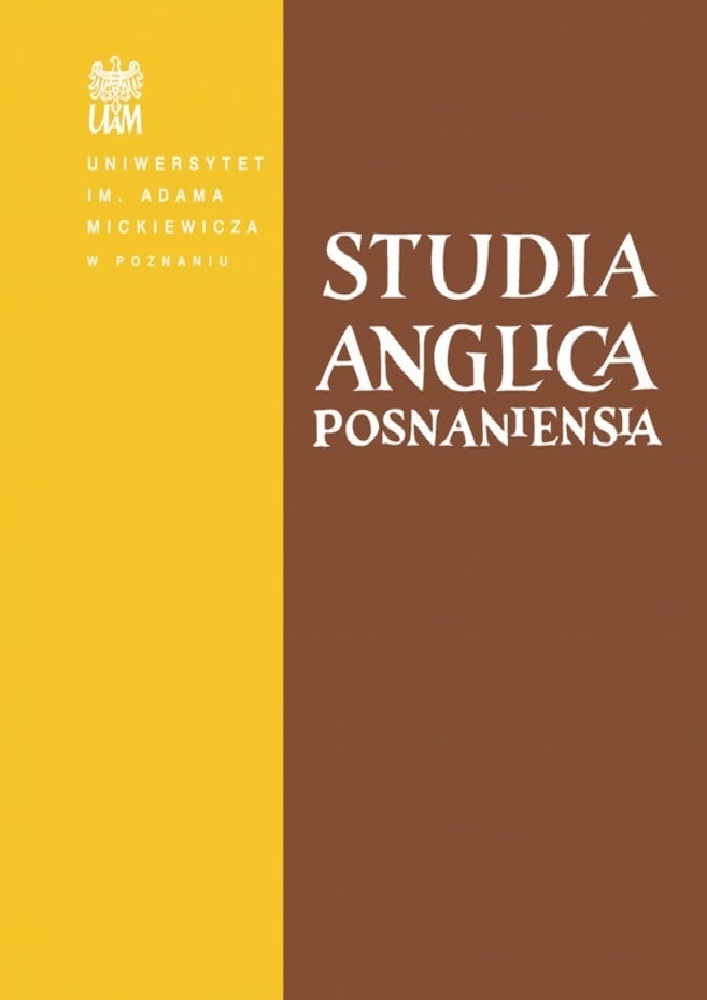Abstract
The essay locates Joel Thomas Hynes’s We’ll All Be Burnt in Our Beds Some Night (2017), narrated by the social outcaste Johnny, in an international “heroin realism” tradition. Hynes, styled as Canada’s “bad boy” author, thus evoking his emotional ties to his protagonist, situates Johnny on the margins of Canada: in Newfoundland, which has been systemically disenfranchised from Canada’s centre beside the rest of Atlantic Canada for over a century, as novels by Michael Crummey, Lisa Moore, David Adams Richards, Alistair MacLeod, and Hugh MacLennan show. The regionally representative Johnny complicates romantic figurations of Canada, which prides itself on progressiveness and equal opportunity, and which is globally envisaged as a beacon of mobility and community. Characters like Johnny do not fit into mythical Canada, whether in its pan-Canadian variety, where the East Coast is mythologized as an ocean oasis of what Herb Wyile calls “commercial antimodernism,” or in its depressive, alcoholic Atlantic-Canadian version. Limited by his social positioning, ot unlike Rose in Alice Munro’s collection The Beggar Maid (1978), Johnny cannot actualise the mobility Canadiana advertises – this despite his inculcation of this seductive delusion via books. He instead experiences what bell hooks calls “psychic turmoil”: the discomfiture of simultaneously occupying two distinct yet continuous narratives. Johnny’s regional narrative, then, not only translates to Rose’s national one, as well as to the spirit of the Beats, of road novelists, and of Hunter S. Thompson’s gonzo, but also to the international dimensions of other personages in “heroin realism.” Writers like Joel Thomas Hynes, Harry Crews, Denis Johnson, Antonio Lobo Antunes, Jeet Thayil, Eimear McBride, and Niall Griffiths work to deconstruct romantic idealizations. The figures of heroin realism, like Johnny, are those characters who are neither commoditized by class relations nor by national narratives.
References
Antunes, António Lobo. 1985. Act of the damned. Grove.
Clattenburg, Mike. 2001–2007. Trailer park boys. Halifax: Trailer Park Productions.
Crews, Harry. 1975. A feast of snakes. Atheneum Books.
Crummey, Michael. 2014. Sweetland. Doubleday.
DeLillo, Don. 1971. Americana. Houghton Mifflin Harcourt.
Hynes, Joel Thomas. 2011. Straight razor days. Pedlar Press.
Hynes, Joel Thomas. 2017. We’ll all be burnt in our beds some night. Harper.
Johnson, Denis. 1977. Angels. Knopf.
Johnston, Wayne. 1998. The colony of unrequited dreams: A novel. Random House.
Joyce, James. 1922. Ulysses. Sylvia Beach.
Kerouac, Jack. 1957. On the road. Viking Press.
Krazykatie2006. 2010. Tim Hortons commercial (2008). https://www.youtube.com/watch?v=NuFLon26nMw
Kyles, Barbara. 2011. Entrapped. Rosethorn House.
Laurence, Margaret. 1966. A jest of God. Penguin.
MacLennan, Hugh. 1941. Barometer rising. Penguin.
MacLeod, Alistair. 1999. No great mischief. Vintage.
McBride, Eimear. 2013. A girl is a half-formed thing. Galley Beggar Press.
Moore, Lisa. 2009. February. Chatto & Windus.
Munro, Alice. 1978. The beggar maid: Stories of Flo & Rose. Vintage.
Nabokov, Vladimir. 1955. Lolita. Olympia Press.
Proulx, E. Annie. 1993. The shipping news. Simon & Schuster.
Shakespeare, William. 1954 [1621]. The Tempest. Methuen.
Reimer44. 2008. Tim Hortons commercial. YouTube. 15 January. https://www.youtube.com/watch?v=NuFLon26nMw
Richards, David Adams. 2000. Mercy among the children. Arcade.
Richards, David Adams. 2007. The friends of meager fortune. MacAdam/Cage.
Thayil, Jeet. 2012. Narcopolis. Penguin.
Thompson, Hunter S. 1971. Fear and loathing in Las Vegas. Random House.
Welsh, Irvine. 1993. Trainspotting. Secker & Warburg.
YourTV Niagara. 2018. Joel Thomas Hynes. YouTube. 21 November. https://www.youtube.com/watch?v=O2IBY6vGdWo
Beardsworth, Adam. 2012. Straight Razor Days: Review. Newfoundland and Labrador Studies 27.1. 141–143.
Beech, Jennifer. 2004. Redneck and hillbilly discourse in the writing classroom: Classifying critical pedagogies of whiteness. College English 67(2). 172–186. DOI: 10.2307/4140716
Butler Hallet, Michelle. 2009. Bottle pit: An interview with Joel Thomas Hynes. Antigonish Review 157. 121–135.
Carter, Susan. 2017. Newfoundland and Joel Thomas Hynes: Writing about a place he loves. The Star. 1 April. Np.
Creelman, David. 2003. Setting in the east: Maritime realist fiction. McGill-Queen’s University Press.
Derrida, Jacques. 1978 [1967]. Writing and difference. Chicago University Press.
Genette, Gérard. 1997. Paratexts: Thresholds of interpretation. Cambridge University Press.
Hartigan, John, Jr. 1997. Locating white Detroit. In Ruth Frankenburg (ed.), Displacing whiteness: Essays in social and cultural criticism. Durham University Press. 180–213.
hooks, bell. 1994. Teaching to transgress: Education as the practice of freedom. Routledge.
Hughes-Fuller, Patricia. 2009. Wild bodies and true lies: Carnival, spectacle, and the curious case of Trailer Park Boys. Canadian Journal of Communication 34(1). 95–109. DOI: cjc.2009v34n1a2169
Hurley, Melanie. 2018. Book review of Joel Thomas Hynes’s We’ll all be burnt in our beds some night. Newfoundland & Labrador Studies 33(1). 283–287.
Lawrence, Adam. 2010. Riots, referendums, and raging fires: Revisiting history in recent Newfoundland fiction. Newfoundland & Labrador Studies 25(1). 129–139.
McKay, Ian. 1994. The quest of the folk: Antimodernism and cultural selection in twentieth-century Nova Scotia. McGill-Queen’s University Press.
Spellmeyer, Kurt. 1996. Review: Out of the fashion industry: From cultural studies to the anthropology of knowledge. College Composition and Communication 47(3). 424–434. DOI: 10.2307/358301
Thompson, Peter. 2015. The Mississippi of the North: Trailer Park Boys and race in contemporary Nova Scotia. Journal of Canadian Studies 49(1). 180–204. DOI: 10.3138/jcs.49.1.180
Tremblay, Tony. 2008. ‘Lest on too close sight I miss the darling illusion’: The politics of the centre in ‘Reading Maritime.’ Studies in Canadian Literature 33(2). 23–39.
Wozniak, Jesse S. G. 2014. When the going gets weird: An invitation to gonzo sociology. The American Sociologist 45. 453–473. DOI: 10.1007/s12108-014-9242-9
Wyile, Herb. 2008. Going out of their way: Tourism, authenticity, and resistance in contemporary Atlantic-Canadian literature. English Studies in Canada 34(2–3). 159–180.
Wyile, Herb. 2010. February is the cruelest month: Neoliberalism and the economy of mourning in Lisa Moore’s February. Newfoundland & Labrador Studies 25(1). 55–71. DOI: 10.1353/esc.0.0114
Wyile, Herb. 2011. Anne of Tim Hortons: Globalization and the reshaping of Atlantic Canadian literature. Wilfred Laurier University Press.
Wyile, Herb. 2013. Neoliberalism, austerity, and the academy. English Studies in Canada 39(4). 29–31.
Wyile, Herb, & Jeanette Lynes. 2008. Surf’s up! The rising tide of Atlantic-Canadian literature. Studies in Canadian Literature 33(2). 5–22.
